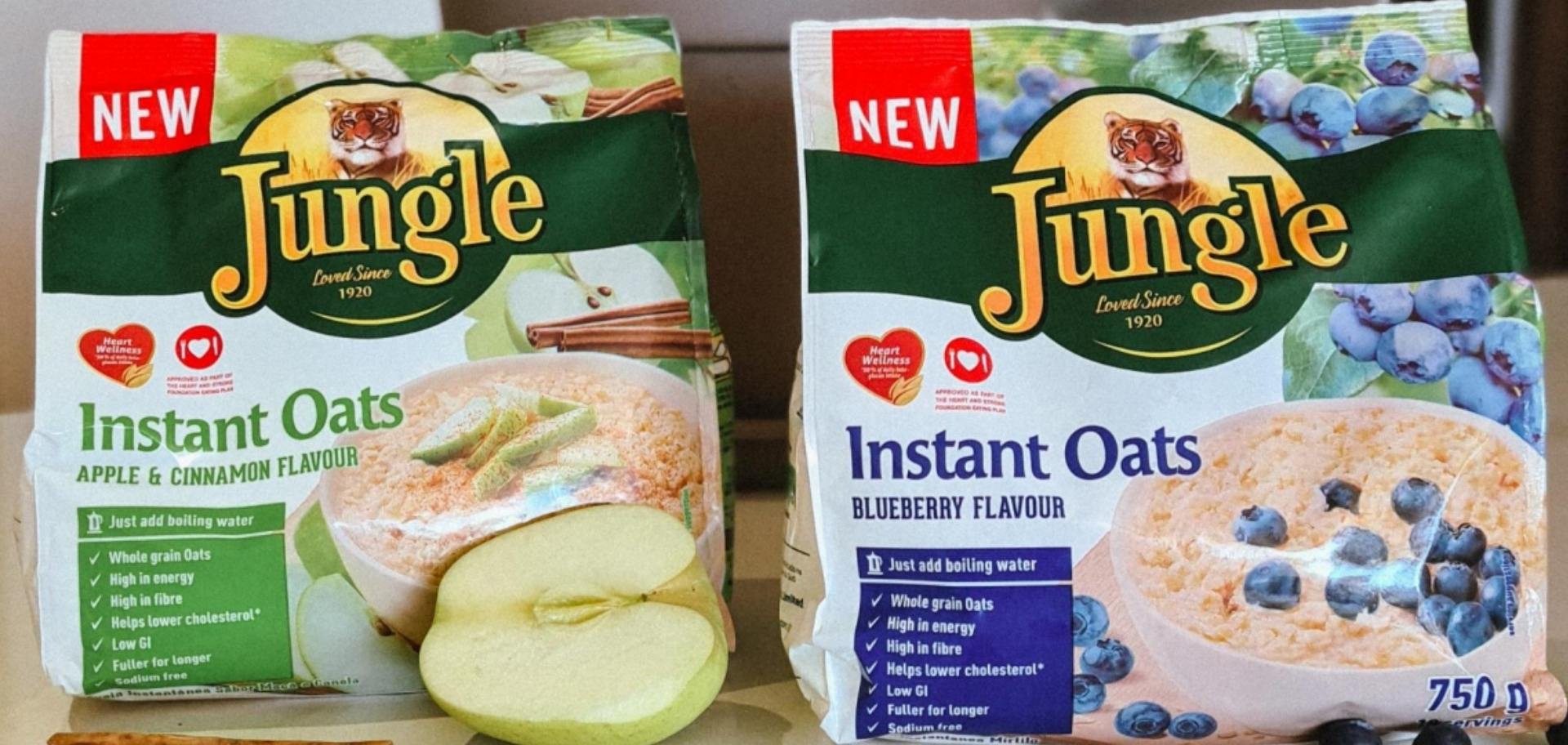I’ve been writing and podcasting on this topic a few times: food producers are not where you want to be when consumers are under pressure and inflation is raging. The retailers hold the keys to the customers and they put incredible pressure all the way back up the chain.
Tiger Brands gained 4.3% after releasing its results, reducing the share price drop in 2022 to 19%. Over the past year, the share price has lost nearly 35% of its value.
The investor presentation starts off by noting significant impacts on revenue and profitability from volume losses in the Bakeries division and supply challenges in Snack & Treats. Excluding these issues, the business did ok in the second quarter. These are core businesses and the problems faced are part of the group’s normal operating dynamics, so you can’t just forget about these problems and look at the rest of the business.
In the six months ended March, revenue from continuing operations grew 2%, with price inflation of 3% and volume declines of 1%. If you were to exclude the businesses that Tiger has suggested you forget about, volumes would be up 3% rather than down 1%. Yippee.
Gross margin compressed from 30.6% to 29.2%. Group operating income fell by 5% to R1.5 billion, which includes the receipt of over R150 million in insurance proceeds.
The net result is that headline earnings per share (HEPS) from continuing operations fell by 2% to 729 cents. This is an annualised Price/Earnings multiple of just over 10x. An interim dividend of 320 cents per share has been declared.
To give you more information on the segments, the largest by revenue is Grains (R7.35 billion revenue and R423 million operating profit). That’s an operating margin of 5.75%. The next largest is Consumer Brands (R6.39 billion revenue and R654 million operating profit – a margin of 10.2%). Exports and International generates R1.9 billion in revenue and almost no profit, with just R64 million in operating profit. Finally, Home and Personal Care is a R1 billion business with the best operating profit margin at 19.4%. Remember, these are interim numbers.
The balance sheet is also under pressure, with around R2 billion in cash operating profit and R1.57 billion sucked up by working capital requirements. After dividends, share repurchases and investments, the period saw a net decrease of R1.56 billion in cash.
If you want to delve deeper into the results, you’ll find the analyst presentation at this link.
The market saw some glimmers of hope in these numbers. I remain bearish and I don’t hold shares in Tiger.





Thank for the great work you are doing.
Is Rhodes Food Group in the same bought as Tiger Brands i.e. prospects are not good in the face of higher inflation?
Hi Celani – they are technically in the same sector but the underlying products are very different. For example, RFG has a really strong export business and my view is that the products are more differentiated. Tiger is highly reliant on staples, which is where the supermarkets put the most pressure. My view is that both are in for a tough year ahead. If you forced me to pick one, I would rather buy Rhodes than Tiger. I don’t hold either, though.